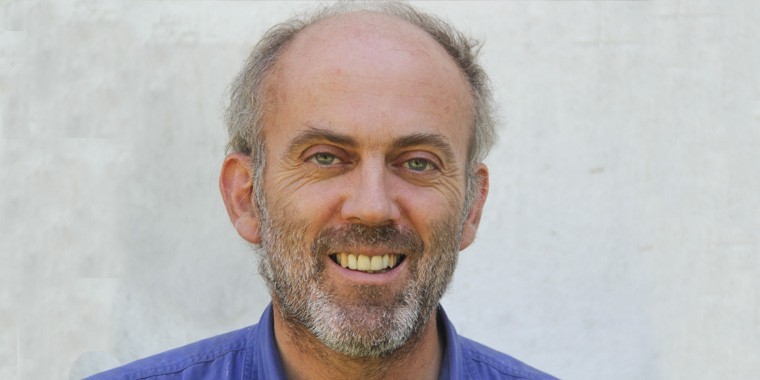One of the more trivial irritations of the Covid-19 pandemic, to a long-term opponent of Brexit like myself, is that it has masked the economic impact of the UK leaving the EU. The UK economy has shrunk by nearly 10% over the past year and is still shrinking now. How much of this is due to the Covid-19 lockdown and how much to Brexit we will never know.
That said, I’m not one to sulk for long and now that we’ve left the EU every farmer has to try to make the best of it. Indeed, at least in the short term, the immediate economic impact of Brexit has been slight or even non-existent. Farm gate grain, beef and lamb prices are at near record highs, and milk prices have remained stable. Even the 2020 BPS payments were delivered to most farmers with record efficiency.
But, of course, it will be the gradual withdrawal of the BPS that will be the most obvious likely negative consequence of Brexit for English farmers. Most of us are horribly dependent on the BPS for a profit. I still remember a land agent telling me at a local agricultural show a couple of years ago that he sees roughly 400 farm accounts in a year and that “not one of them would show a profit with the BPS removed from the bottom line”.
The government has assured us that the £2.5 billion that will be saved for the exchequer by the withdrawal from English farmers of BPS payments will be ‘recycled’ into a proposed Environmental Land Management scheme (ELMS). This will pay farmers for ‘public goods’ like wildlife conservation and cleaner air and water.
Even if we can trust the Government to deliver on that promise, there are still likely to be many farming casualties where, for a variety of reasons, some enterprises don’t qualify for ELMS payments.
The deciding factor will be exactly how farms are to be rewarded for ‘public goods’. If the payments are only made to farmers to desist from current polluting farming practices, then there is a real danger that ELMS will merely end up rewarding those engaged in the most environmentally destructive forms of food production.
So, those who’ve already invested in improved methods like min-till (to reduce CO2 emissions) or covered slurry lagoons (to reduce methane emissions) will find themselves excluded from payments, which seems horribly unfair.
With Brexit done, the system of farming subsidies is about to undergo a radical change. The next few years will be a tense time on most farms as individual businesses discover how much subsidy can be claimed through ELMS to replace income lost through the removal of the BPS.
I’ve never made any secret of my reliance on the BPS for my living, so my fingers are firmly crossed as I venture nervously into a post-Brexit farming world.




